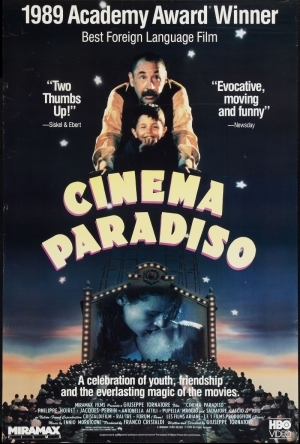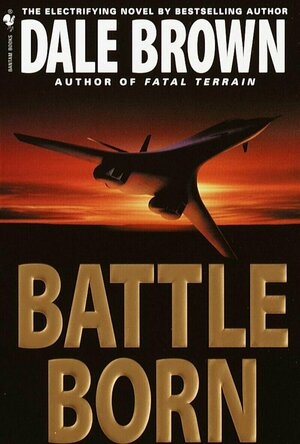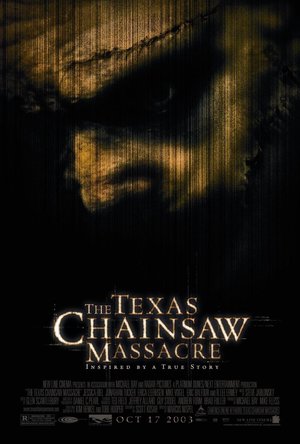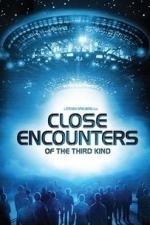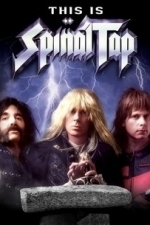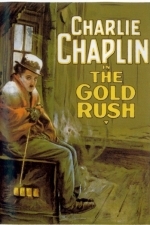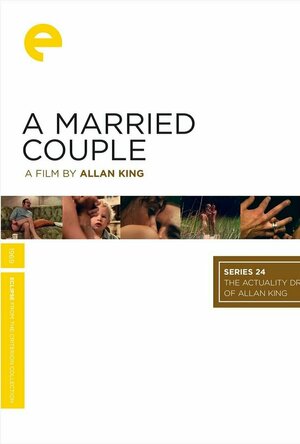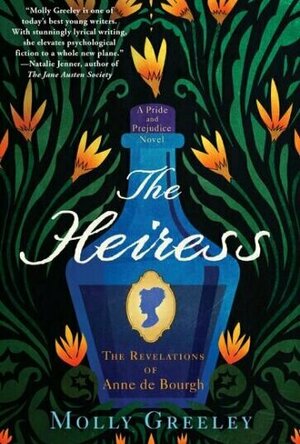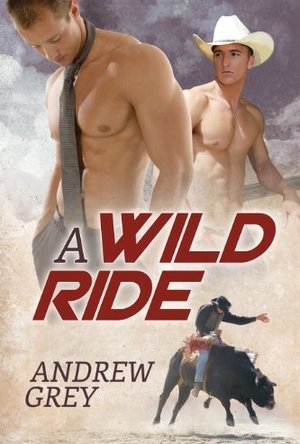Search
Search results
Neve Campbell recommended Cinema Paradiso (1988) in Movies (curated)
Ed R (53 KP) rated Battle Born in Books
Mar 7, 2021
Characters (1 more)
Premis
Lack of action (1 more)
Pace of story
It was ok but important to read for other books
I'm a big fan of Dale's books but this one is just very slow with a disappointing amount of action that it builds up to. I like how he's thought about the reunification of Korea and it would be nice if that's how it happened (minus the nukes) but there's little action compared to a lot of his books.
However, it introduces a lot of themes and characters that become very important in later books so I definitely recommend reading it if you're going to read more Patrick McLanahan books!
However, it introduces a lot of themes and characters that become very important in later books so I definitely recommend reading it if you're going to read more Patrick McLanahan books!
Rob Zombie recommended The Texas Chainsaw Massacre (2003) in Movies (curated)
Robert Englund recommended Close Encounters of the Third Kind (1977) in Movies (curated)
Nitin Sawhney recommended This Is Spinal Tap (1984) in Movies (curated)
Anil Kapoor recommended The Gold Rush (1925) in Movies (curated)
Dustin Guy Defa recommended A Married Couple (1969) in Movies (curated)
Erika (17789 KP) rated The Heiress: The Revelations of Anne de Bourgh in Books
Jan 11, 2021
YAWN.... DNF
This book is so boring. The subject matter had great potential, focusing on Anne de Bourgh from Pride and Prejudice. It's obvious from the first pages that this chick is addicted to laudanum, guess what, she's drugged up all the time! I was 30 percent of the way through this book, and Anne was only 20. Literally nothing happened, other than her figuring out she like chicks. Another trope, single chick back in the day = must be a lesbian. That was the death knell for me, I was out.
I cannot say it's poorly written, the writing was fine. It was just so damn boring.
This book is so boring. The subject matter had great potential, focusing on Anne de Bourgh from Pride and Prejudice. It's obvious from the first pages that this chick is addicted to laudanum, guess what, she's drugged up all the time! I was 30 percent of the way through this book, and Anne was only 20. Literally nothing happened, other than her figuring out she like chicks. Another trope, single chick back in the day = must be a lesbian. That was the death knell for me, I was out.
I cannot say it's poorly written, the writing was fine. It was just so damn boring.
Leanne Crabtree (480 KP) rated A Wild Ride (The Bullriders, #1) in Books
Sep 6, 2019
DNF @ 65%.
If I'm going to be brutally honest, I'll say my enjoyment of this book ended about a third of the way through. I don't know if it was the bull riding--though considering I like to read about cowboys that seems unlikely--or the money worries that bored me but after the first sex scene and the subsequent meeting I just lost interest in it all.
I wanted more of the attraction and relationship between the two main characters and I felt it was lacking in some parts. I felt the book concentrated more on the ranch and money.
Not for me.
If I'm going to be brutally honest, I'll say my enjoyment of this book ended about a third of the way through. I don't know if it was the bull riding--though considering I like to read about cowboys that seems unlikely--or the money worries that bored me but after the first sex scene and the subsequent meeting I just lost interest in it all.
I wanted more of the attraction and relationship between the two main characters and I felt it was lacking in some parts. I felt the book concentrated more on the ranch and money.
Not for me.
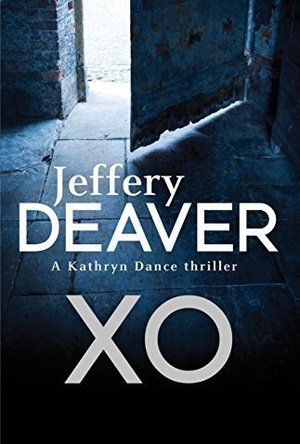
XO (Kathryn Dance #3)
Book
Kayleigh Towne is gorgeous with a voice that is taking her to the heights of the country pop charts....
